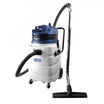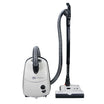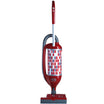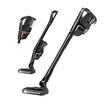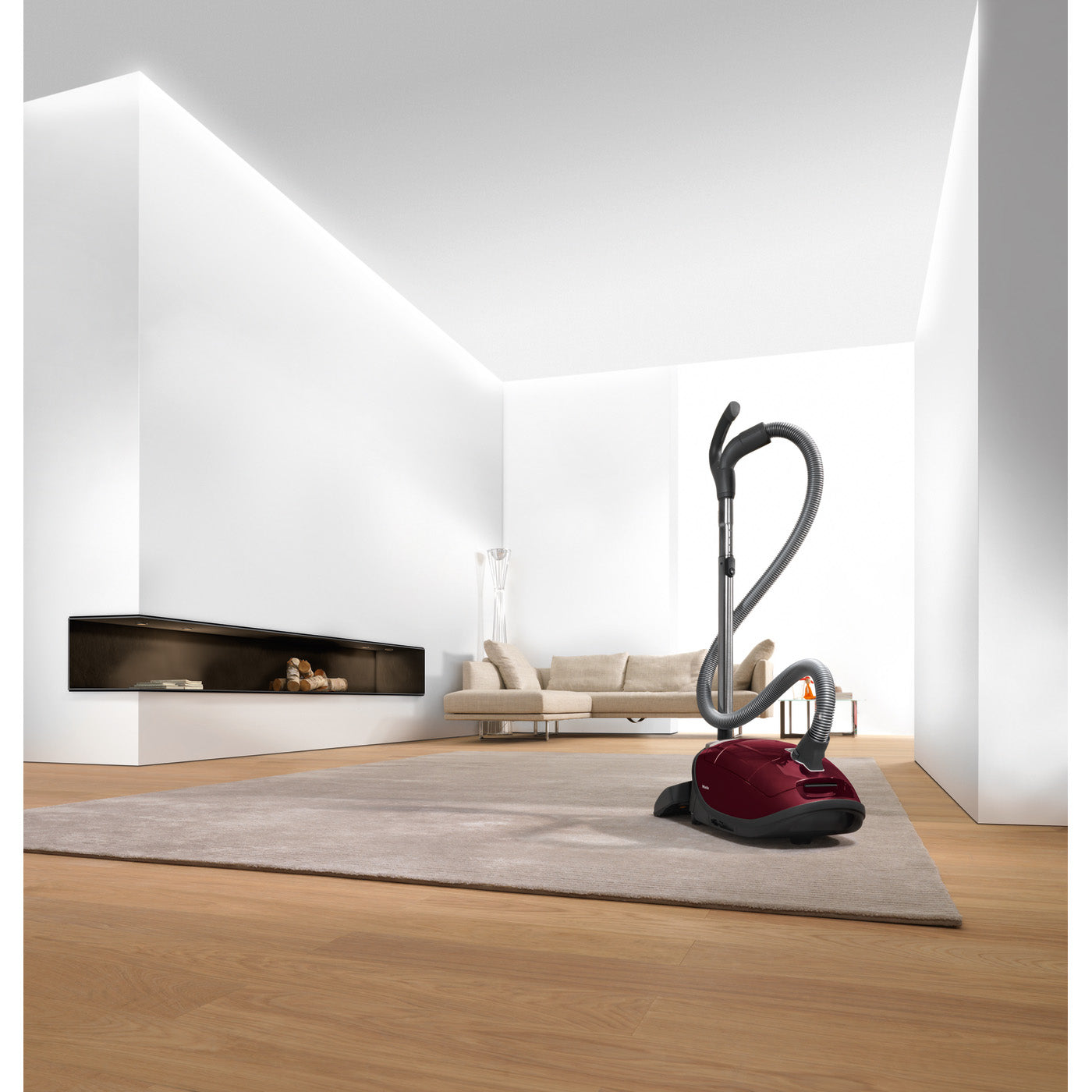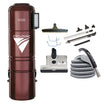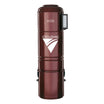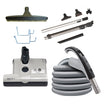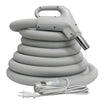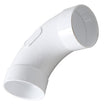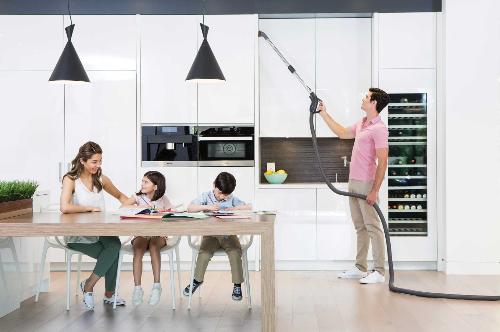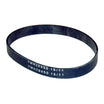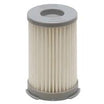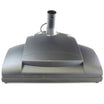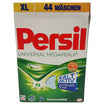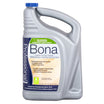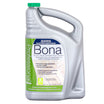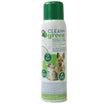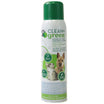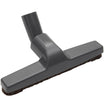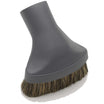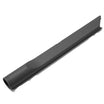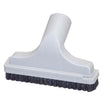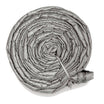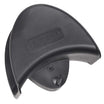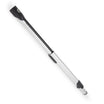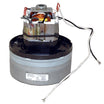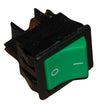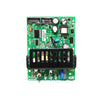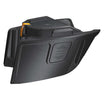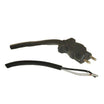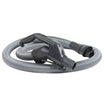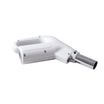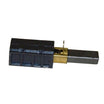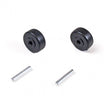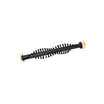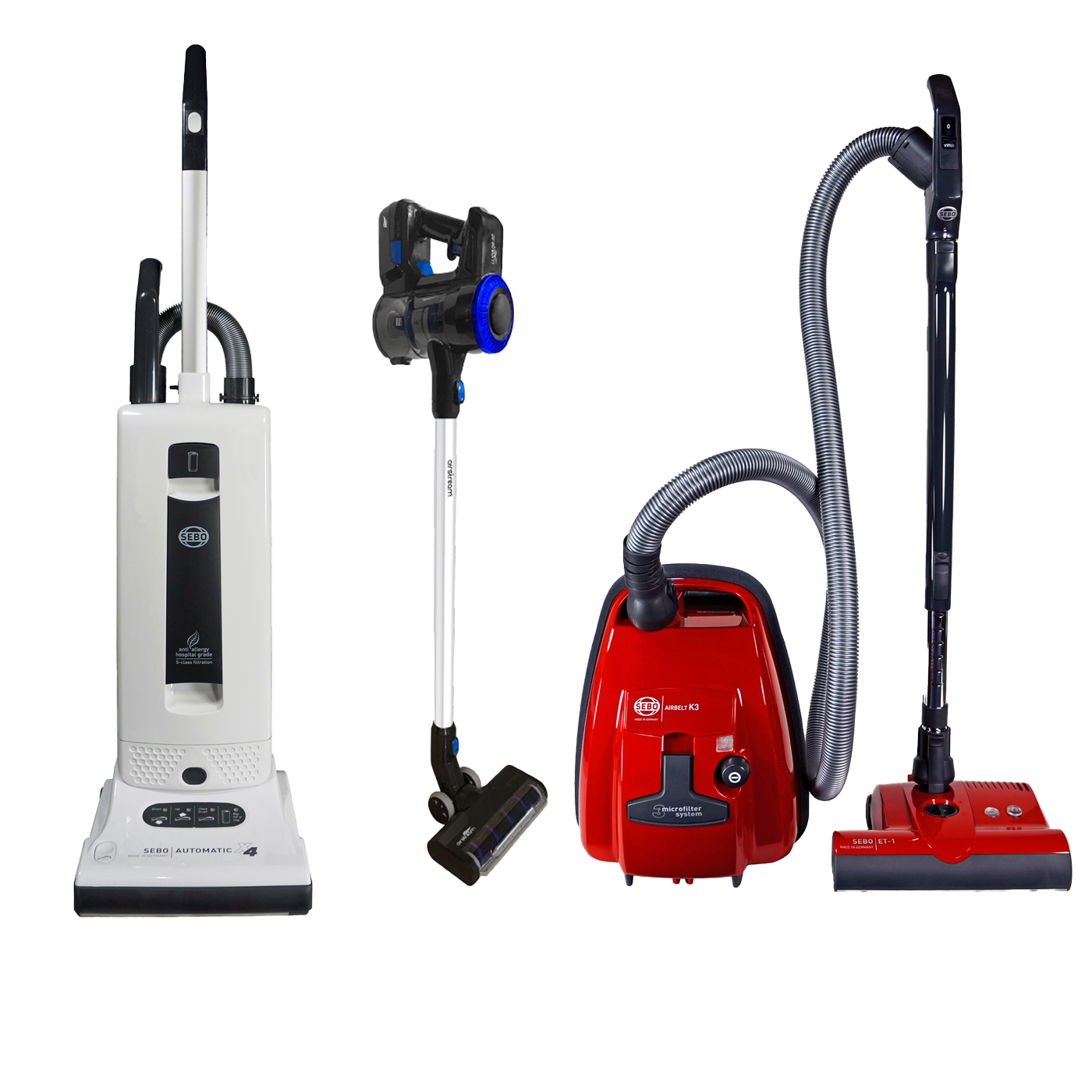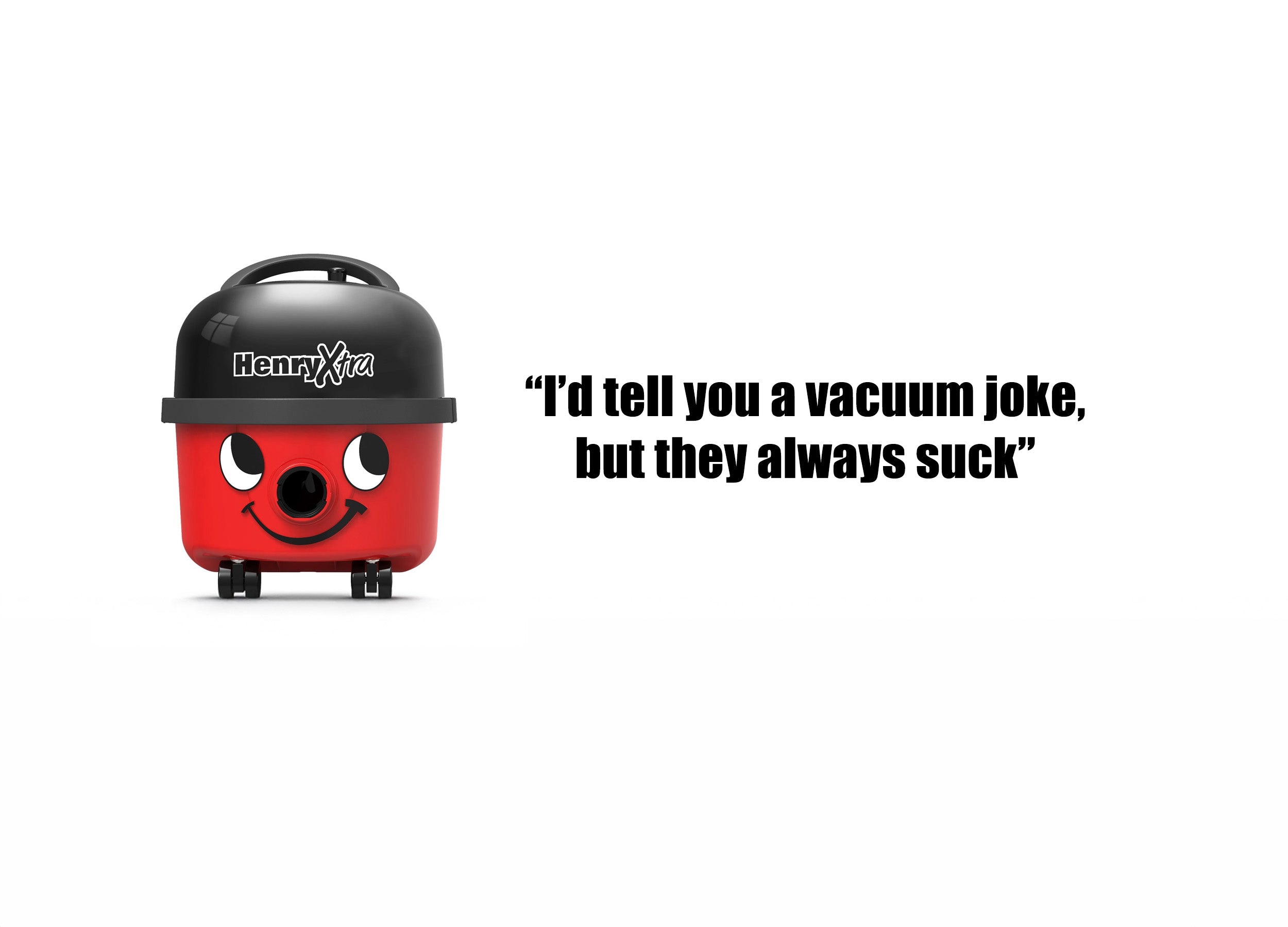Bagged vs. Bagless Vacuums: Which One Should You Choose?
In the realm of household cleaning, vacuums are indispensable tools, but choosing between a bagged and bagless vacuum can be a daunting task. Both types have their pros and cons, but today, we'll delve into why a bagged vacuum might be the superior choice for both longevity and user health, while also addressing some of the shortcomings of bagless vacuums.
Bagged Vacuums: A Longevity and Health Companion
Bagged vacuums operate on a simple principle: dirt and debris are collected in disposable bags, which are then easily removed and replaced when full. While this may seem archaic compared to bagless models, there are several compelling reasons why bagged vacuums stand out.
1. Superior Filtration: One of the most significant advantages of bagged vacuums is their superior filtration system. The disposable bags act as a barrier, trapping dust, pollen, and allergens more effectively than most bagless vacuum filters. As a result, bagged vacuums tend to maintain cleaner air quality within the home, making them an excellent choice for allergy sufferers and those with respiratory issues.
2. Longevity: The design of bagged vacuums contributes to their longevity. By trapping dirt and debris in a sealed bag, these vacuums prevent particles from clogging up internal components. This reduces wear and tear on the motor and prolongs the vacuum's lifespan, ultimately saving you money in the long run.
3. Convenience: Contrary to popular belief, bagged vacuums offer convenience in their own right. While it may seem bothersome to replace bags regularly, modern bagged vacuums often come with indicators that alert you when the bag is full. Additionally, disposing of a full bag is typically mess-free, as you can simply seal it and toss it in the trash without coming into contact with the collected debris.
Shortcomings of Bagless Vacuums
While bagged vacuums boast numerous benefits, bagless models have gained popularity in recent years. However, they come with their own set of shortcomings.
1. Limited Filtration: Bagless vacuums rely on filters to capture dirt and debris, but these filters are often less effective at trapping small particles compared to disposable bags. As a result, bagless vacuums may not offer the same level of air quality as their bagged counterparts.
2. Maintenance Requirements: Bagless vacuums require regular maintenance to ensure optimal performance. Filters must be cleaned or replaced frequently to prevent clogs and maintain suction power. Failure to do so can lead to decreased efficiency and potentially costly repairs down the line.
3. Messy Emptying: Emptying a bagless vacuum can be a messy affair. When you remove the dustbin to dispose of its contents, there's a risk of releasing dust and allergens back into the air, which can be particularly problematic for individuals with sensitivities.
In conclusion, while both bagged and bagless vacuums have their merits, the advantages of bagged vacuums in terms of longevity and user health are undeniable. The superior filtration, longevity, and convenience offered by bagged vacuums make them a worthwhile investment for any household. So, the next time you're in the market for a new vacuum cleaner, consider the benefits of a bagged model for a cleaner, healthier home environment.

